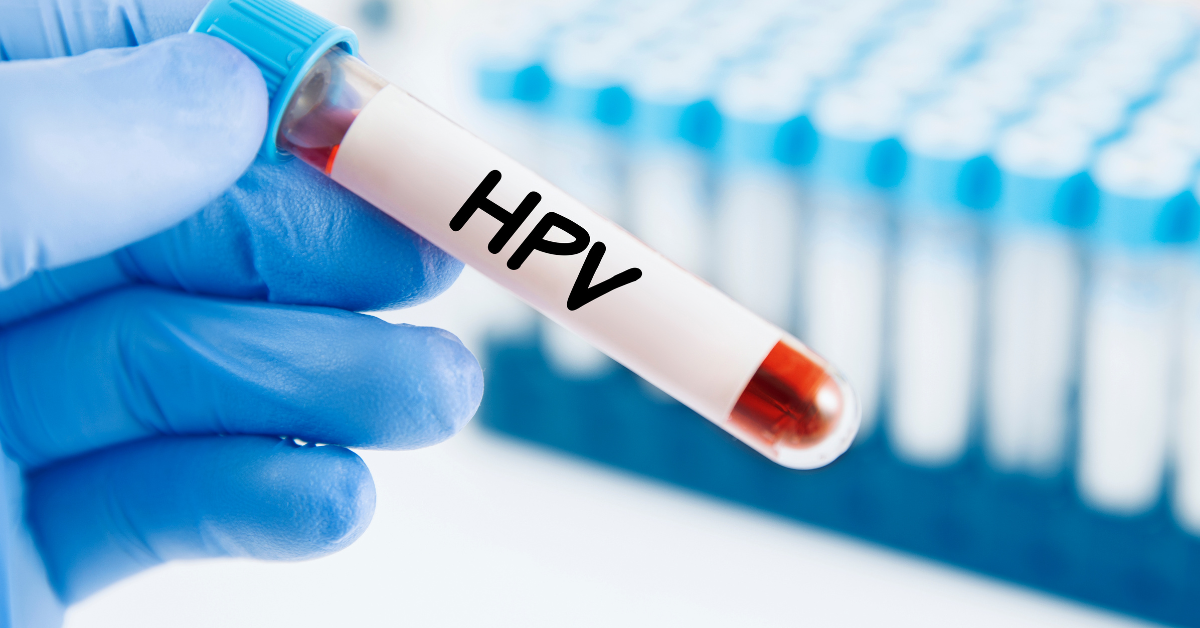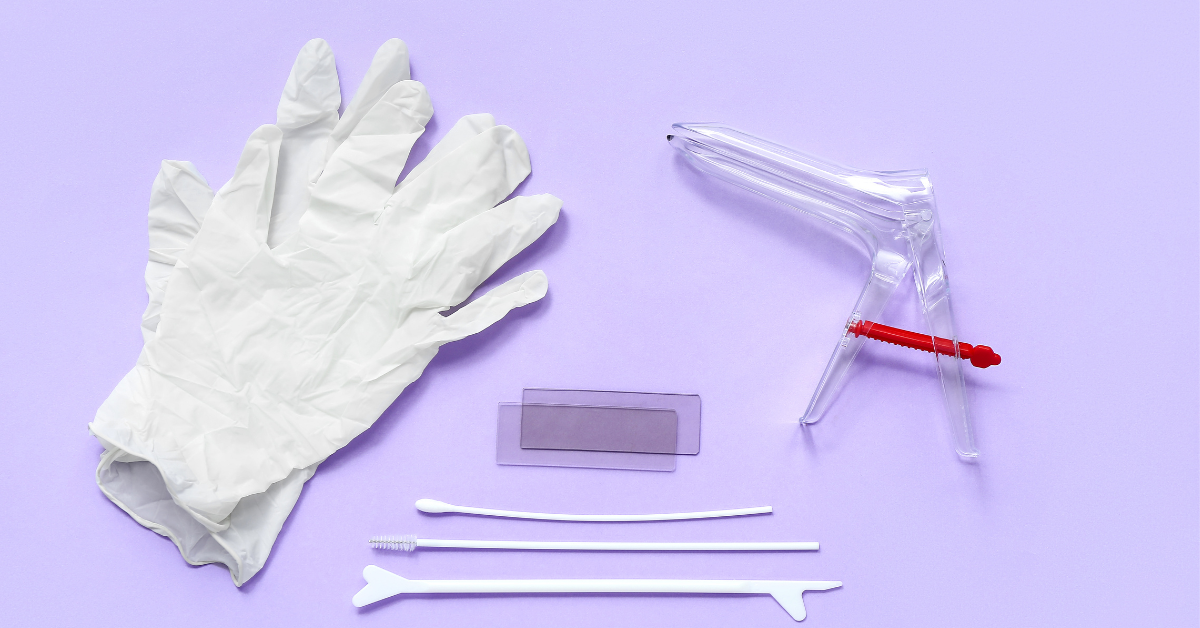Cervical cancer is a significant health concern for women, but with regular screenings, such as Pap smears and HPV tests, it can be detected early or even prevented.
What is a Pap Smear?
A Pap smear, also known as a Pap test, is a simple and effective screening tool used to detect abnormal cells on the cervix, which may develop into cervical cancer. During a Pap smear, a healthcare provider gently scrapes cells from the cervix, and these cells are then examined under a microscope for any signs of abnormalities.
The American Cancer Society recommends that women start getting Pap smears at the age of 21 and continue to have them every three years. However, after the age of 30, women have the option to combine the Pap smear with an HPV test and extend the screening interval to every five years.

Understanding HPV Tests
Human Papillomavirus (HPV) is a group of viruses that can infect the genital area, as well as the mouth and throat. Certain strains of HPV are linked to the development of cervical cancer. An HPV test is a screening that checks for the presence of high-risk HPV strains in the cervix.
The Centers for Disease Control and Prevention (CDC) recommends HPV testing for women aged 30 and older, either alone or in combination with a Pap smear. The test is typically performed at the same time as the Pap smear, using the same collected cells.
The Power of Early Detection
Regular Pap smears and HPV tests play a crucial role in the early detection of cervical abnormalities, allowing healthcare providers to intervene before cancer develops. Detecting and treating precancerous conditions early can prevent the progression to cervical cancer.
By identifying abnormal cells or the presence of high-risk HPV early on, women can receive appropriate medical attention, which may involve close monitoring, additional testing, or minor interventions to remove abnormal cells.

Prevention through Vaccination
In addition to screenings, vaccination against HPV is a powerful tool in preventing cervical cancer. The HPV vaccine is recommended for both boys and girls, typically administered around the age of 11 or 12. Vaccination helps protect against the most common HPV strains that can lead to cervical cancer and other HPV-related diseases.


